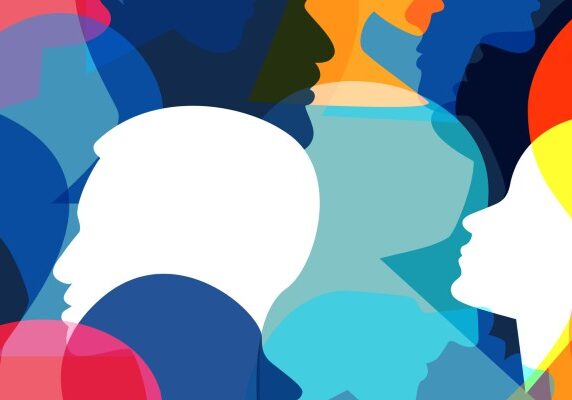Is development becoming universal?
Commitment to the Sustainable Development Goals (SDGs) has brought talk of universality to the forefront of development debates.
Governments of wealthy nations have to build actions into their national policies that will tackle poverty, reduce inequalities and provide decent work with equal pay for work of equal value.
This notion of development goals as universal disrupts our deeply embedded approaches to development. It no longer has application as a concept and practice only in one part of the world known as “developing” or the global South.
Working “at home”
The boundaries of what we mean by “international development” are blurring, as we can see in the media. Channel 4 News tweeted “Child marriage isn’t just a problem in the developing world. Globally, a girl under 15 gets married every 7 seconds”. A development scholar recently reacted to a news story about unequal access to US health care by commenting “I guess #globaldev ‘at home’ can really become a thing”.
This has very particular consequences and poses real challenges for INGOs. These organisations’ fundraising and marketing techniques are still dependant on images and messages which allow their supporters to feel that their support is an expression of our global citizenship and solidarity with “distant others”.
However, one obvious way in which INGOs have positioned themselves on different conceptual ground is by establishing domestic programmes. These programmes work with poor people and vulnerable communities in the “home” country of the INGO in the global North. Oxfam GB established a UK poverty programme in 1995 and Oxfam America has worked with communities affected by natural disasters since Hurricane Katrina, now referring to this process as “comprehensive social action” rather than development. Islamic Relief also runs domestic programmes in UK, USA, Canada, Sweden and Germany, addressing issues such as migration, climate change, food security and gender-based violence.
Subscribe to our newsletter
Our weekly email newsletter, Network News, is an indispensable weekly digest of the latest updates on funding, jobs, resources, news and learning opportunities in the international development sector.
Get Network NewsBut there is also good evidence to show that INGOs played a significant part in much earlier discussions of development’s universality – long before the SDGs or indeed the MDGs were on the scene. Buried in the Oxfam archives (now in the Bodleian library, but once in a warehouse up the M1) are notes of discussions of this, which go back to the 1970s.
What the archive reveals
Many of the arguments made, throughout the 1980s and 1990s, for establishing Oxfam GB’s UK poverty programme use the universality of poverty as their rationale. Two fascinating documents in the Oxfam archive are from 1974 – a year of two British elections both returning Harold Wilson to power. In February, an internal memo to the Oxfam director proposed that Oxfam and five other agencies coordinate their work at party conference fringe events.
The purpose would be to present a united front …and to emphasise the indivisibility of poverty, whether in this country or in the Third World. A particular issue relevant to both groups of agencies and the British public – e.g. food prices, the energy crisis, or refugees – would be selected as a focus for this meeting.
On 10 May, the “Group of Six” agencies1 met with the prime minister, Harold Wilson, and government ministers. The preparatory note sent to the prime minister’s office in readiness for their meeting calls for government policy to take account of the universality of poverty and for integrated policy to combat it.
We wish first to draw to the attention of the PM the significance of this coming together of charities with traditionally separate roles. It marks a recognition on our part of the universality of poverty and the need to establish the relationship between poverty in Britain and poverty in the Third World…We recognise however that the interests of the poor in Britain and the Third World can be in conflict. For example, calls for such measures as the reduction of tariff barriers and commodity agreements preferential to the Third World, whilst being beneficial to the Third World, can add to the hardship of the poor in Britain and unemployment here.
So what can this tell us? Firstly, the universality of poverty and inequality, recently rearticulated through the SDGs is nothing new. Secondly, that INGOs are often ahead of the curve in their thinking about and challenge to what development is and can be. Finally, INGO and NGO archives can teach us some important lessons.
1. An umbrella group consisting of the UK’s six biggest agencies (three working at home and three overseas) for Joint Agency Action: CPAG, Help the Aged, Oxfam GB, Shelter, United Nations Association and War on Want.
Check out Bond’s SDGs hub for the lastest news and views on the SDGs.
Category
News & ViewsThemes
SDGs



